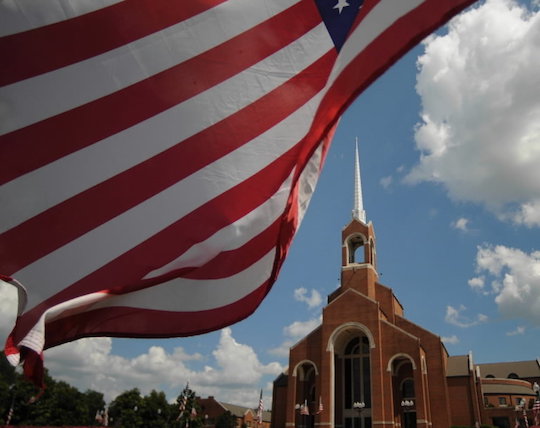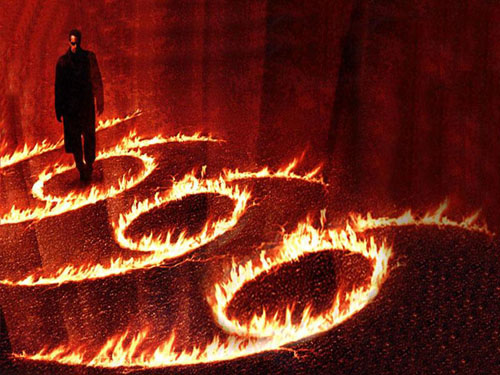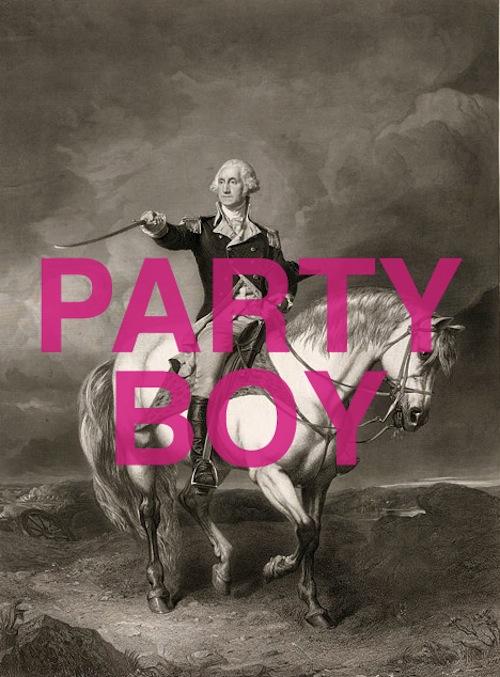When we think about the separation of church and state, we tend to worry about government becoming more like church. But maybe the real danger lies in churches becoming more like governments—by getting a piece of the state’s monopoly on violence, for instance. Yesterday, the Alabama state senate approved a bill to let Briarwood Presbyterian Church assemble its own police force. Briarwood police would be sworn officers with the same authority to carry firearms, issue citations and place people under arrest as, for example, university police. The difference is that they would be employed by a church. That’s tricky, since as police they would become expressions of state power. I’m using “tricky” here to avoid repeating the exact words of the ACLU of Alabama, whose executive director described the plan as “plainly unconstitutional.”
Tag Archives: church and state
Liberty Institute, Fox News alert us to anti-Christian prejudice
The Family Research Council and the Liberty Institute—which, as you can see from their names, are wonderful organizations that anyone would agree with—have released their Survey of Religious Hostility in America. The good news is that Christianity has not been stamped out entirely; a small pocket of Americans continue to profess the faith, clinging to existence at a mere 80% of the US population. They are brave, and they are threatened. As Fox News helpfully explains:
The [report] highlighted more than 600 examples illustrating what it characterized as religious animosity shown by judges, government bureaucrats, schools and secular groups. From ObamaCare mandates that force religious entities to pay for contraception, to children being punished for uttering prayers in school, the report’s findings shocked even those who commissioned it.
Props to Ben al-Fowlkes for the link and, to a lesser extent, yesterday’s hangover. Prophetic words of Tony Perkins after the jump.
Happy President’s Day, pussies!
Today we observe the birthday of staunch anti-communists George Washington and Abraham Lincoln. Did you know that in college, Lincoln’s nickname was “Apeman?” His fraternity brothers would chant “Abe the ape! Abe the ape!” as he swung from the chandelier on one lithe arm, his oversized lips wrapped around a bottle. But Apeman Lincoln had a soul as tender as yours, and he feared the dignity he exchanged for acceptance made a terrible, perhaps irrevocable bargain. Lincoln understood from a young age the terrible seductions of certainty—the way people will persist in an ugliness, if only because within it they know their place. And so, on January 1st, 1863, President Lincoln stopped doing the Apeman trick.



